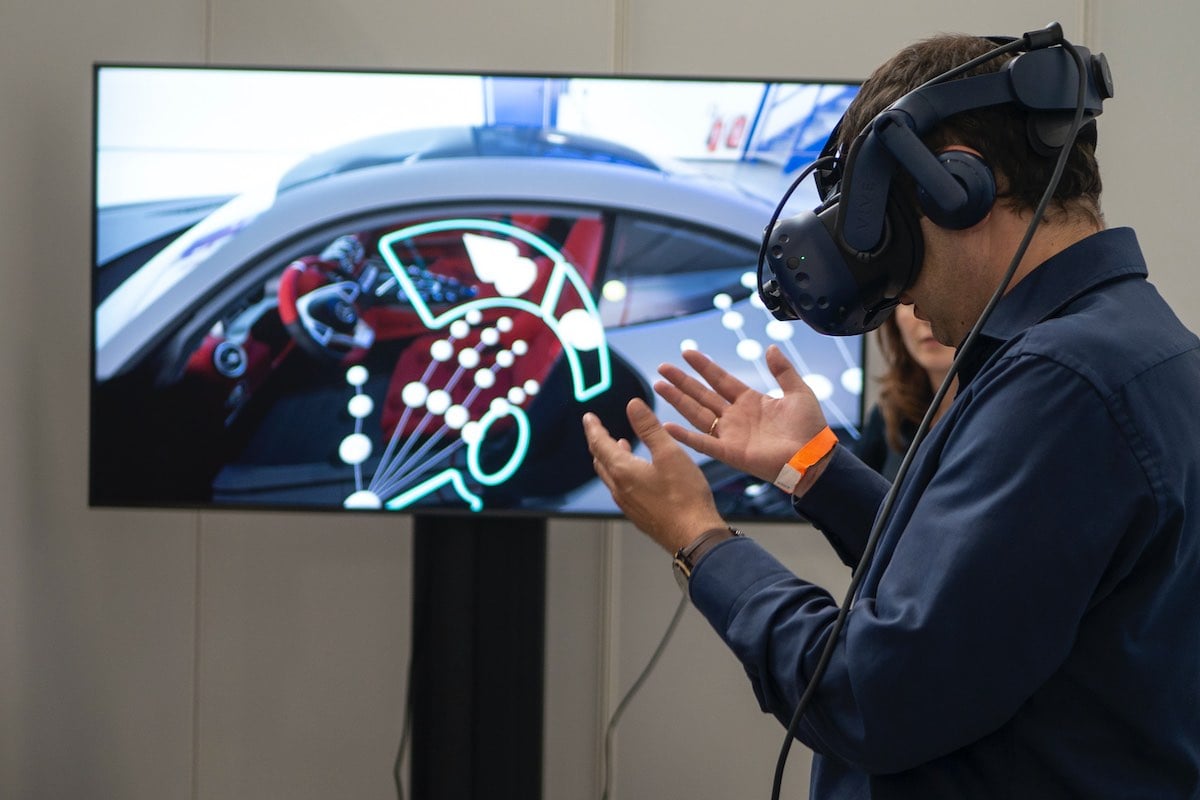You might have heard of omnichannel marketing, which refers to the use of multiple channels simultaneously to offer a seamless shopping experience across all customer touchpoints. Recognising its potential, businesses around the world are using omnichannel marketing to increase customer engagement, improve customer trust, personalise customer communications and optimise the in-store experience.
Omnichannel marketing has also received a lot of attention in Singapore. As part of the recently announced Retail Industry Transformation Map, SPRING Singapore and the Infocomm Development Authority of Singapore are supporting retail SMEs in their adoption of e-commerce and an omnichannel strategy.
Expanding beyond traditional bricks-and-mortar shops to include online channels will help retailers to “build customer communities and be able to engage their customers more effectively”, said R Dhinakaran, president of the Singapore Retailers Association.
Here are three examples of highly successful companies that are using omnichannel marketing to surprise and delight their customers.
- COURTS Singapore
COURTS Singapore, long known as a leading bricks-and-mortar electronics retailer, now has more than 14,000 product offerings online since relaunching its online store with a 7,000-product catalogue in 2012.
The digital experience has also been extended to shop floors through the use of tablets and digital kiosks. Other initiatives include placing QR codes on products, which link back to the online store when scanned, as well as ‘click and collect’ counters that allow customers to skip the delivery waiting times and costs by purchasing online and picking up their products in person.
- Starbucks
This popular coffee chain has already achieved global success and it continues to break down the barriers between online and in-store experiences with a smartphone app that lets customers pay for in-store purchases through their phone.
Customers can also use the app to manage their online account, find their nearest store, collect stars as part of the Starbucks Rewards programme, and receive invites to exclusive events and offers.
- UNIQLO
Japanese fashion retailer UNIQLO has been successful at integrating the digital world with the in-store experience through a series of campaigns rolled out around the world.
For example, UNIQLO Singapore promoted its AIRism product line with a multi-channel campaign that combined real-life customer stories with hands-on workshops for customers to try the innerwear, along with an Instagram photo-sharing competition supported by a dedicated AIRism website.
“This social campaign not only serves to impart the product functions and benefits, but also to foster better understanding, appreciation and affinity for AIRism,” said Onoguchi Satoshi, managing director, UNIQLO (Singapore).
The common factor that unites all these initiatives is the knowledge that shoppers no longer separate their online and offline experiences. To be successful in today’s dynamic retail environment, companies must use omnichannel marketing to create seamless customer experiences across all channels.



